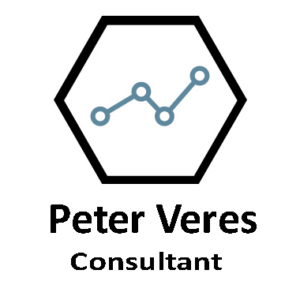Growing Your Business: The Benefits Of Consulting An Agent
In the competitive landscape of business, finding effective strategies to grow and expand is crucial for long-term success. While many entrepreneurs navigate their journeys independently, seeking the guidance of a skilled business consultant or agent can prove to be a game-changer. This article explores the advantages of consulting an agent and how their expertise can help propel your business to new heights.
- Expertise and Industry Knowledge:
One of the primary benefits of working with a business agent is gaining access to their expertise and industry knowledge. These professionals have a deep understanding of market trends, consumer behavior, and emerging opportunities. By leveraging their expertise, agents can help you develop effective business strategies tailored to your industry and target market. Whether it’s expanding into new territories, launching new products or services, or identifying untapped niches, an agent‘s insights can provide you with a competitive edge. Their familiarity with industry regulations and compliance can also save you time and effort, ensuring your business operates within legal boundaries. - Networking and Partnerships:
Consulting an agent can open doors to valuable networking opportunities and partnerships. Agents often have an extensive network of contacts within various industries, including investors, suppliers, distributors, and potential clients. By leveraging these connections, they can help facilitate collaborations, joint ventures, and strategic alliances that can drive business growth. Agents can also assist in negotiating favorable deals and contracts, ensuring you establish mutually beneficial relationships that contribute to your business’s success. Their network can provide access to valuable resources, insights, and mentorship from experienced professionals, further enhancing your growth potential. - Objective Perspective and Strategic Guidance:
Running a business can be an emotionally charged endeavor, making it challenging to maintain an objective perspective. Consultants and agents bring an outside viewpoint, unburdened by personal biases or emotional attachments. They can assess your business objectively, identifying strengths, weaknesses, and areas for improvement. With their guidance, you can refine your business strategy, streamline operations, and optimize processes. Agents can also assist in conducting market research and competitor analysis, helping you stay ahead of industry trends and emerging competitors. Their strategic guidance enables you to make informed decisions, mitigate risks, and seize opportunities for growth. - Time and Resource Optimization:
Growing a business requires careful planning, execution, and resource allocation. Engaging an agent allows you to leverage their experience and expertise, saving you time and resources. Agents can handle various tasks such as market research, financial analysis, and business planning, freeing up your time to focus on core competencies. They can help you prioritize initiatives, allocate resources effectively, and implement scalable growth strategies. With their support, you can avoid costly mistakes and accelerate your business’s progress, optimizing your chances of success.
Consulting an agent can provide your business with valuable expertise, industry knowledge, networking opportunities, and objective guidance. By partnering with an experienced professional, you can navigate the complexities of business growth more effectively. With their assistance, you can unlock new opportunities, streamline operations, and propel your business toward long-term success.
